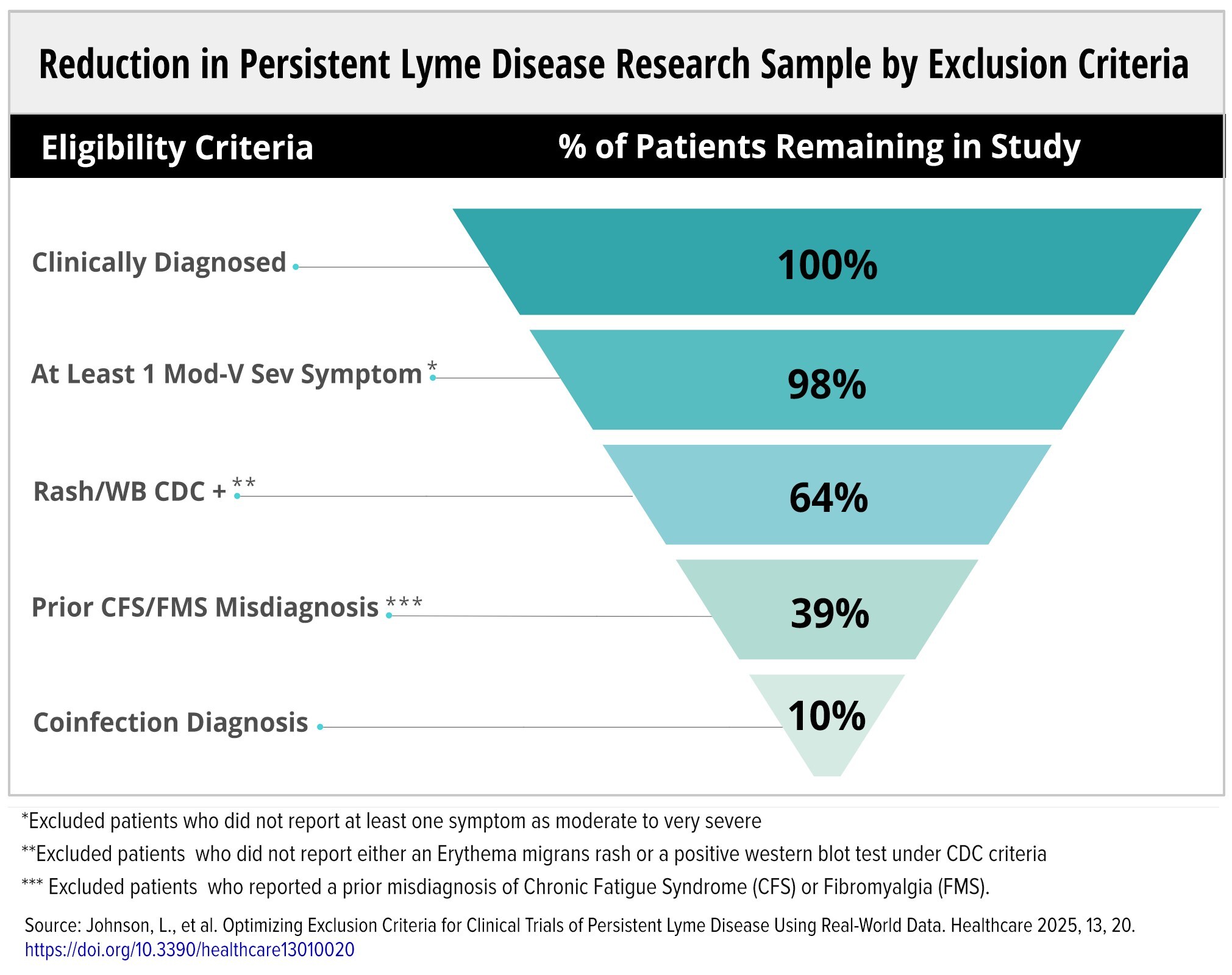The foundation awards 14 prizes in alignment with its mission: to recognize immigrant contributions in the United States, and foster appreciation for the arts and sciences
NEW YORK, Feb. 3, 2025 -- The Vilcek Foundation announces its largest-ever cohort of prizewinners with the 2025 Vilcek Foundation Prizes. This year, the foundation honors 14 prizewinners with a total of $950,000 in awards.
Awarded annually since 2006, the Vilcek Foundation's prizes are an important part of how the foundation accomplishes its mission: to raise awareness of the importance of immigrant contributions in the United States, and to foster appreciation for the arts and sciences more broadly.
The 2025 Vilcek Foundation Prizes comprise the Vilcek Foundation Prizes in Biomedical Science, the Vilcek Foundation Prizes in Visual Arts, the Vilcek Foundation Prizes in Curatorial Work, the Vilcek Prize for Excellence in Literary Scholarship, and the Marica Vilcek Prize in Art History.
"The United States was founded with a vision of being a beacon for intrepid individuals to live and work free from tyranny," says Vilcek Foundation President Rick Kinsel. "Immigration has been vital to the United States' industrial and technological development over the past 250 years, and immigrant professionals have made profound contributions to scientific research, medicine, arts, and culture. With these prizes we honor outstanding immigrant professionals, and intellectual leaders whose work champions diversity in the United States."
The Vilcek Foundation Prizes in Biomedical Science
The Vilcek Foundation Prizes in Biomedical Science are awarded in recognition of immigrant scientists at the forefront of biomedical research in the United States. The prizes are a tribute to Vilcek Foundation co-founder Jan Vilcek's career as a research scientist at New York University, where he pioneered the development of Remicade® (Infliximab). Four prizes are awarded in biomedical science in 2025: The Vilcek Prize, and three Vilcek Prizes for Creative Promise. The Vilcek Prize in Biomedical Science includes a $100,000 cash award. Each recipient of the Vilcek Prizes for Creative Promise in Biomedical Science receives a $50,000 cash award.
Marianne Bronner receives the Vilcek Prize in Biomedical Science for her career research on neural crest stem cells and their role in the development of the peripheral nervous system, heart, and craniofacial skeleton in vertebrate organisms. Born in Hungary, Bronner emigrated to the United States with her family as a young child. She is the director of the Beckman Institute and a professor at Caltech, and an advocate for gender equity in science.
The three recipients of the Vilcek Prize for Creative Promise in Biomedical Science are Elham Azizi, Maayan Levy, and Guosong Hong.
Azizi receives the Creative Promise prize for her research engaging machine learning, statistics, genomics, and bioengineering to derive principles of cancer initiation, progression, and response to immunotherapies in cancer patients. Born in Iran, Azizi is an alumna of Sharif University of Technology and of Boston University, where she earned her MS and PhD. She is an associate professor of cancer data research and biomedical engineering at Columbia University.
Levy receives the Vilcek Prize for Creative Promise in Biomedical Science for her immunological research studying the potential therapeutic applications of metabolites as vehicles and targets to prevent and treat diseases, including cancer. Born in Israel, Levy earned her BSc at Tel Aviv University and holds a PhD from the Weizmann Institute of Science. She recently joined the Stanford University School of Medicine as an assistant professor of pathology.
Hong receives the Vilcek Prize for Creative Promise in Biomedical Science for the development of novel neuroengineering tools combining materials science and biology that engage ultrasound, light, and radio-frequency-based interfaces to study the brain. Born in China, Hong is an alumnus of Peking University; he earned his PhD in chemistry from Stanford University, where he is now an assistant professor of materials science and engineering.
The Vilcek Foundation Prizes in Visual Arts
The Vilcek Foundation Prizes in Visual Arts recognize immigrant artists working across a range of visual media. In 2025, the foundation awards four prizes in this category: The Vilcek Prize, and three Vilcek Prizes for Creative Promise. The Vilcek Prize in Visual Arts includes a $100,000 cash award; recipients of the Vilcek Prizes for Creative Promise in Visual Arts each receive a $50,000 cash award.
Guadalupe Maravilla receives the Vilcek Prize in Visual Arts for his sculptures, installations, and performances that combine symbol, sound, and ritual. His immersive and evocative works explore concepts of migration, transcendence, and the human condition. Born in El Salvador, Maravilla came to the United States as an undocumented unaccompanied child at the age of 8 in 1984. His work focuses on the power of art to heal and transform both the creator and the viewer.
The three recipients of the Vilcek Prize for Creative Promise in Visual Arts are Selva Aparicio, Felipe Baeza, and Jeffrey Meris.
Aparicio receives the Creative Promise prize for her sculptures and installations, which incorporate organic materials and ritualistic imagery to explore themes of death, mourning, memory, and temporality. Born in Barcelona, Spain, she studied at the Escola Massana, where she earned a Superior Technician in Plastic Arts and Design in Sculptural Techniques degree; and also earned a BFA from the School of the Art Institute of Chicago, and an MFA from the Yale University School of Art.
Baeza receives the Vilcek Prize for Creative Promise in Visual Arts for his studio practice and poetic style that engages multiple mediums and traditions to explore spirituality, otherness, and regeneration. Born in Mexico and based in the United States, Baeza's work is informed by his experiences as an adolescent, navigating the structures and institutions that often marginalize those they purport to protect. Baeza earned his BFA from the Cooper Union and holds an MFA from Yale University.
Meris receives the Vilcek Prize for Creative Promise in Visual Arts for his body of work engaging materiality, installation, and performance to explore the power of ecology and embodiment to liberate and heal from individual and historical trauma. Born in Haiti, he grew up in the Bahamas, where he began his artistic practice. Meris completed his BFA in sculpture at the Tyler School of Art, and earned his MFA at Columbia University.
The Vilcek Foundation Prizes in Curatorial Work
In 2025, the Vilcek Foundation made the decision to double the number of prizes it awards in the arts and humanities, awarding prizes in two categories: Visual Arts and Curatorial Work. The goal is to expand the foundation's awards to support individuals in fields in the arts and humanities that are under-recognized. The Vilcek Foundation Prizes in Curatorial Work recognize immigrant art professionals and curators whose work has a profound impact on their institutions, and on contemporary art history more broadly. Four prizes are awarded in curatorial work in 2025: the Vilcek Prize in Curatorial Work, a $100,000 award, and three $50,000 Vilcek Prizes for Creative Promise in Curatorial Work.
Oluremi C. Onabanjo is The Peter Schub Curator in The Robert B. Menschel Department of
This News is brought to you by Qube Mark, your trusted source for the latest updates and insights in marketing technology. Stay tuned for more groundbreaking innovations in the world of technology.









